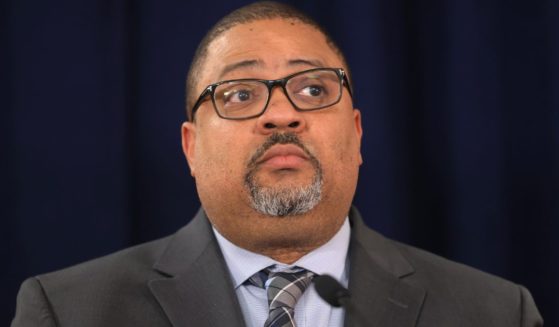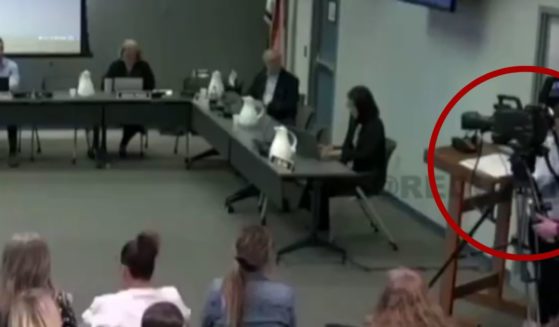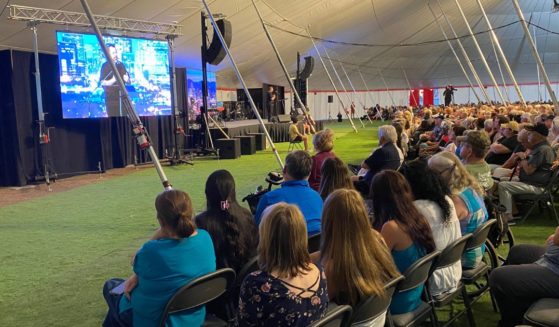US presses ahead with border wall in court despite shutdown
HOUSTON (AP) — A federal attorney in South Texas said in court this week that during the ongoing partial government shutdown, he only has been allowed to work on cases related to President Donald Trump’s proposed border wall.
The Texas Civil Rights Project on Thursday released a transcript of a Tuesday hearing in a case where the U.S. government has sued a local landowner for her property along the U.S.-Mexico border. Many other civil cases have been delayed during the shutdown, which was triggered by Trump’s demand for $5.7 billion to build a wall.
According to the transcript, U.S. District Judge Micaela Alvarez noted that government attorneys working on border wall cases have not been furloughed despite the shutdown.
The prosecutor, Eric Paxton Warner, responded, “This is all I’m allowed to work on, Your Honor.”
Warner and a spokeswoman for the local U.S. attorney’s office did not return messages. A spokesman for the Department of Justice says each U.S. attorney had the authority to determine which civil cases should move forward or be delayed, but that civil cases would be delayed “to the extent this can be done without compromising to a significant degree the safety of human life or the protection of property.”
U.S. Customs and Border Protection said last year that it planned to start building in February. But unlike on other parts of the border, most border land in South Texas is owned privately. That requires the government to seize it through eminent domain, suing private landowners in cases that can take months or years. Some landowners who would be affected have already vowed to fight the government in court.
Efren Olivares, a lawyer for the Texas Civil Rights Project, accused the government of being “fixated” on a border wall at the expense of other matters.
“As someone who is also handling family reunification cases in which government lawyers are telling us they can’t do anything to help us because of the government shutdown, it’s extremely upsetting and frustrating,” he said.
The case that led to Tuesday’s hearing was opened 11 years ago, during the last major effort to build border barriers under the Secure Fence Act. It involves a chunk of land in Los Ebanos, a town of roughly 300 people situated along a bend in the Rio Grande, the river separating the U.S. and Mexico in Texas.
Olivares said the U.S. government already obtained the land it sought from the landowner, Pamela Rivas, but both sides haven’t agreed yet on compensation.
The government did not build in Los Ebanos under the Secure Fence Act, amid concerns about a wall potentially causing flooding in the town. Warner said in court that the government planned to build 18-foot high “wall or fencing” on Rivas’ property if it receives wall funding this year. Alvarez, the judge, noted that the funding dispute had led to the government shutdown.
“That’s why we’re shut down, yes,” Warner said, according to the transcript.
U.S. attorney’s offices continue to prosecute criminal cases and some civil cases. But several immigration-related civil cases have been stayed indefinitely. The Administrative Office of the U.S. Courts said Wednesday that it estimates it can sustain full operations through the end of next week.
The Western Journal has not reviewed this Associated Press story prior to publication. Therefore, it may contain editorial bias or may in some other way not meet our normal editorial standards. It is provided to our readers as a service from The Western Journal.
Truth and Accuracy
We are committed to truth and accuracy in all of our journalism. Read our editorial standards.












